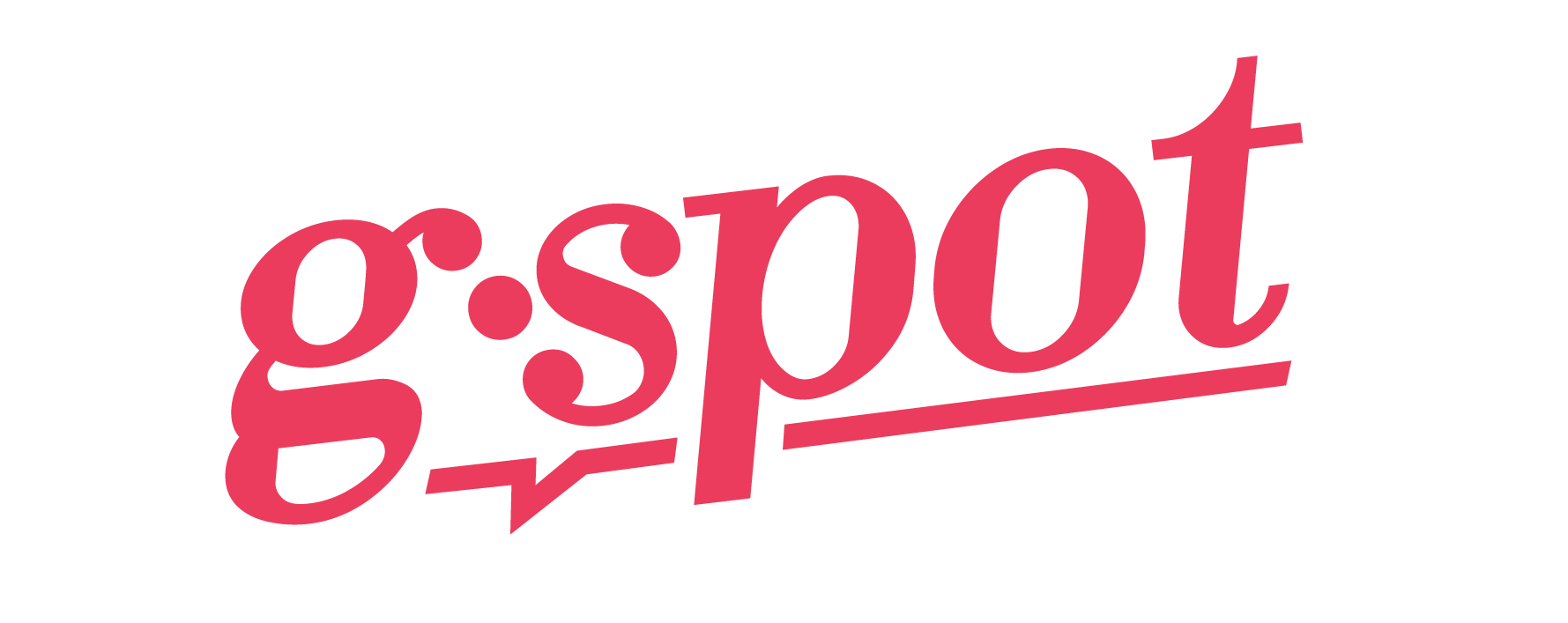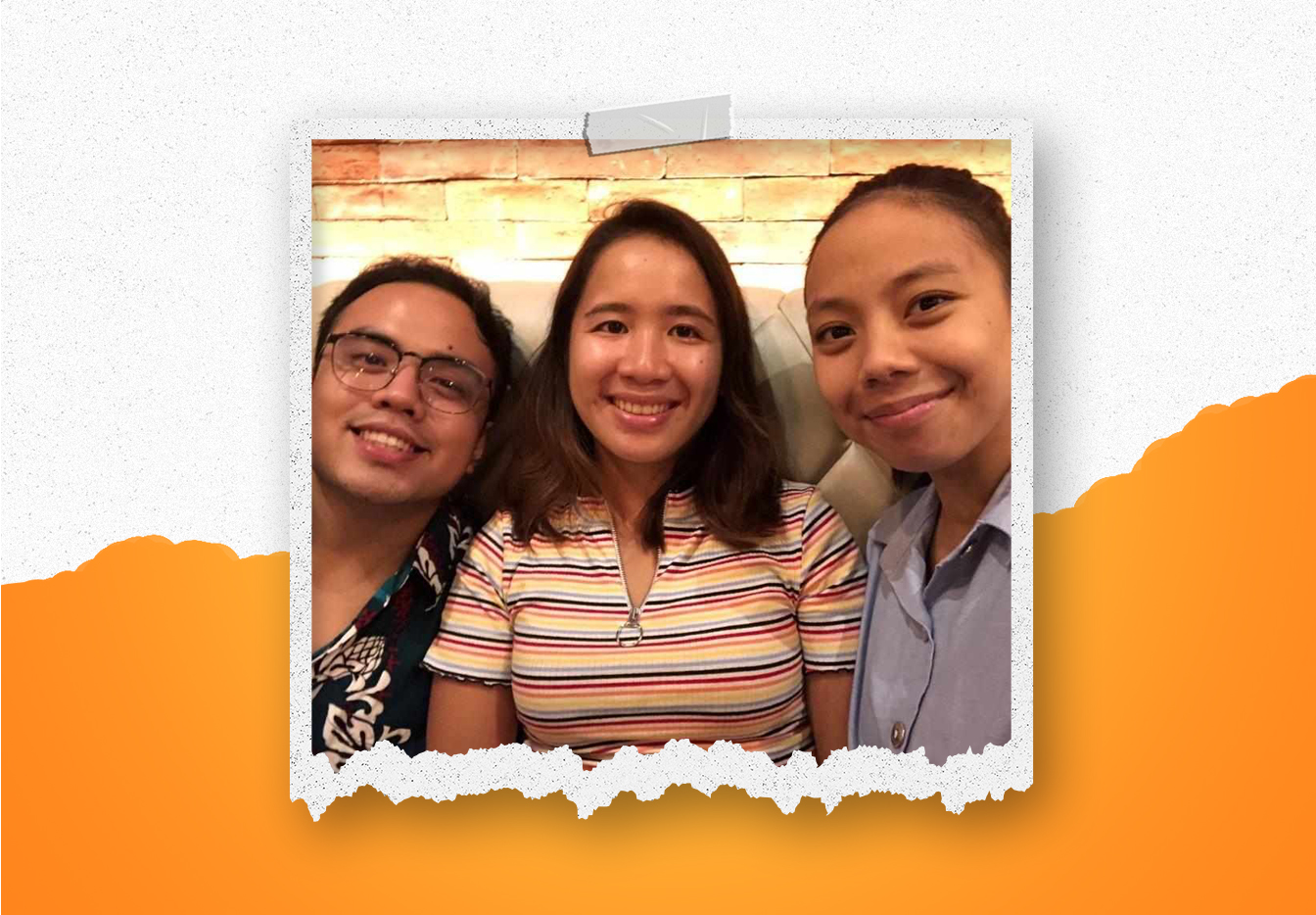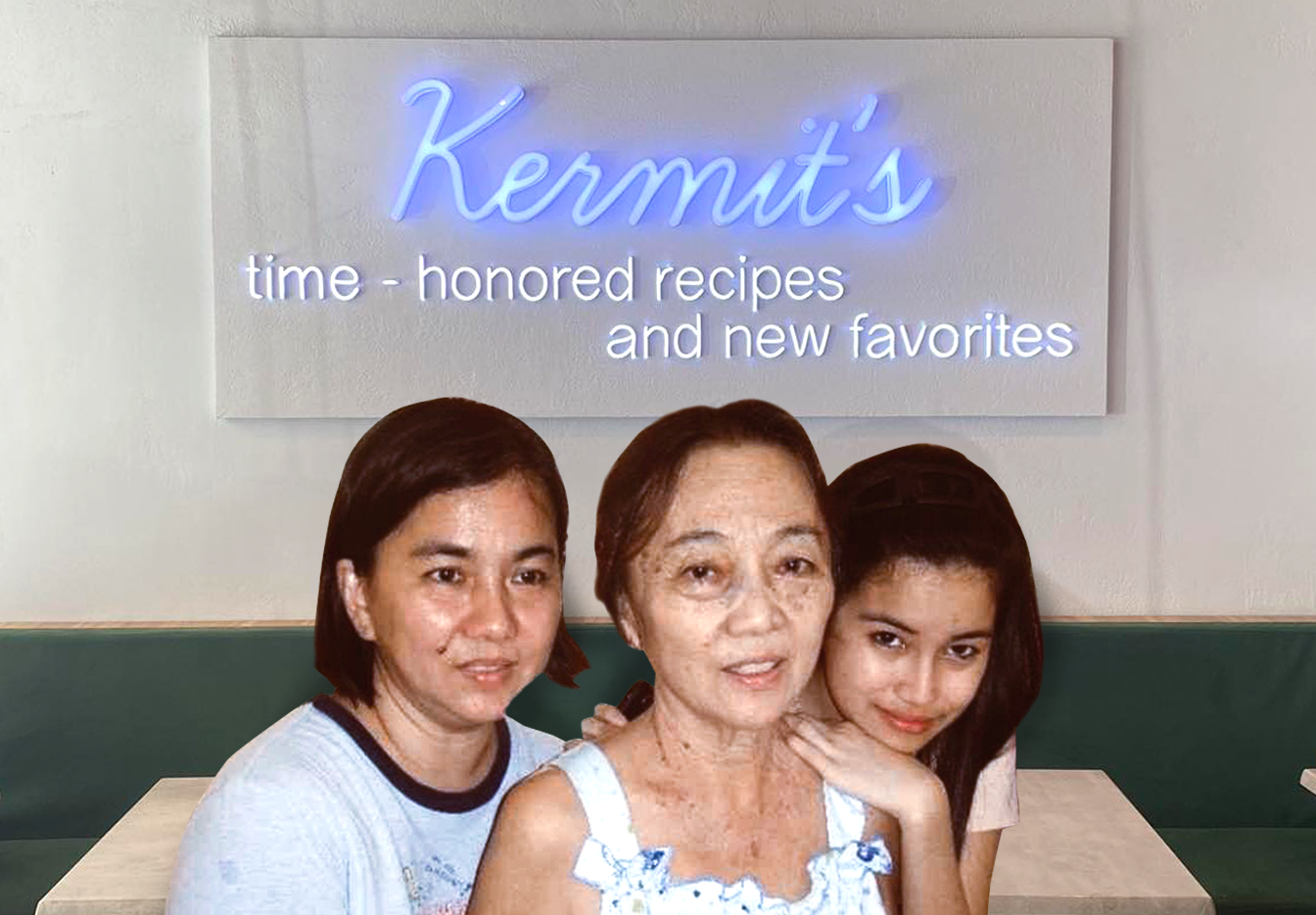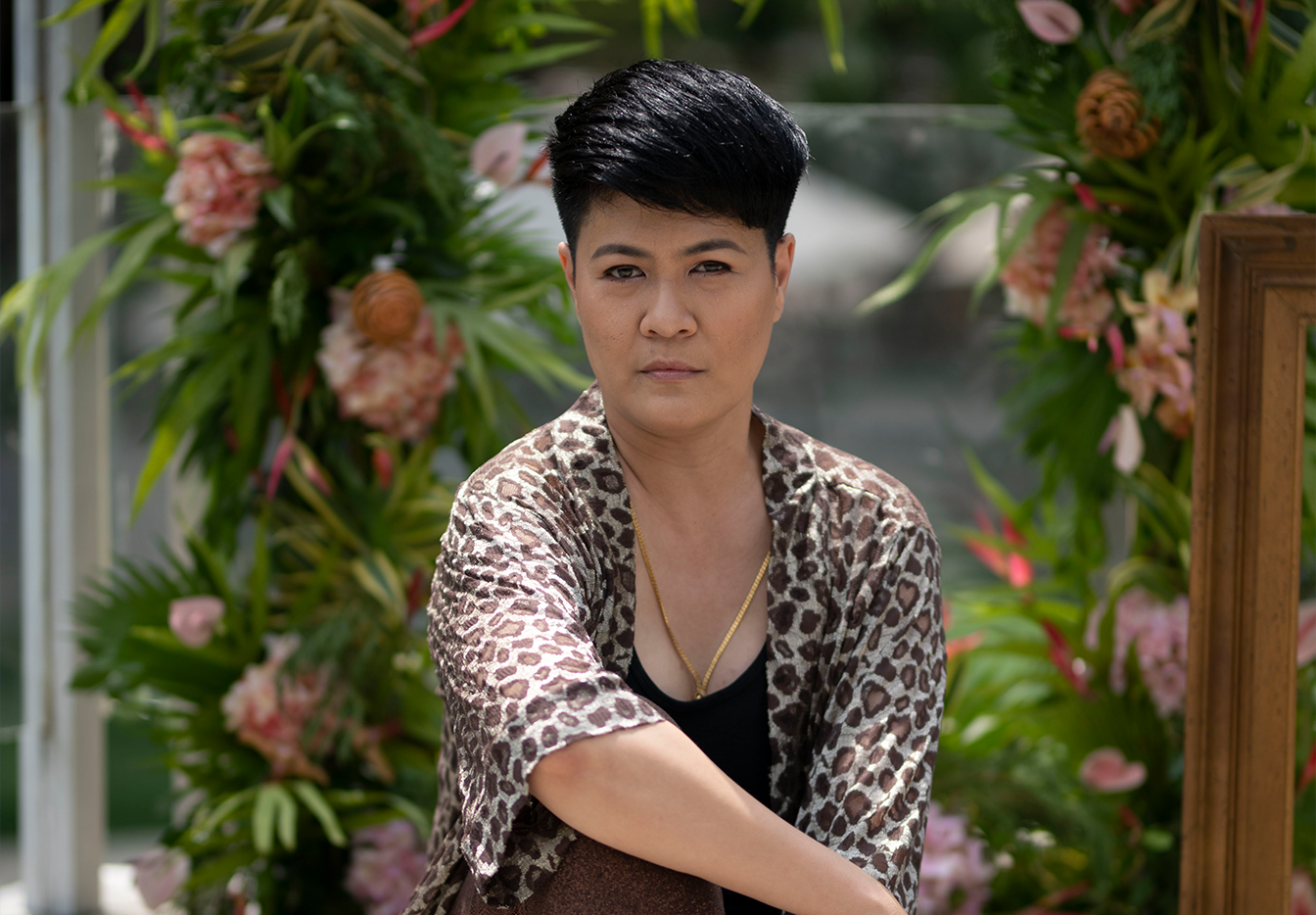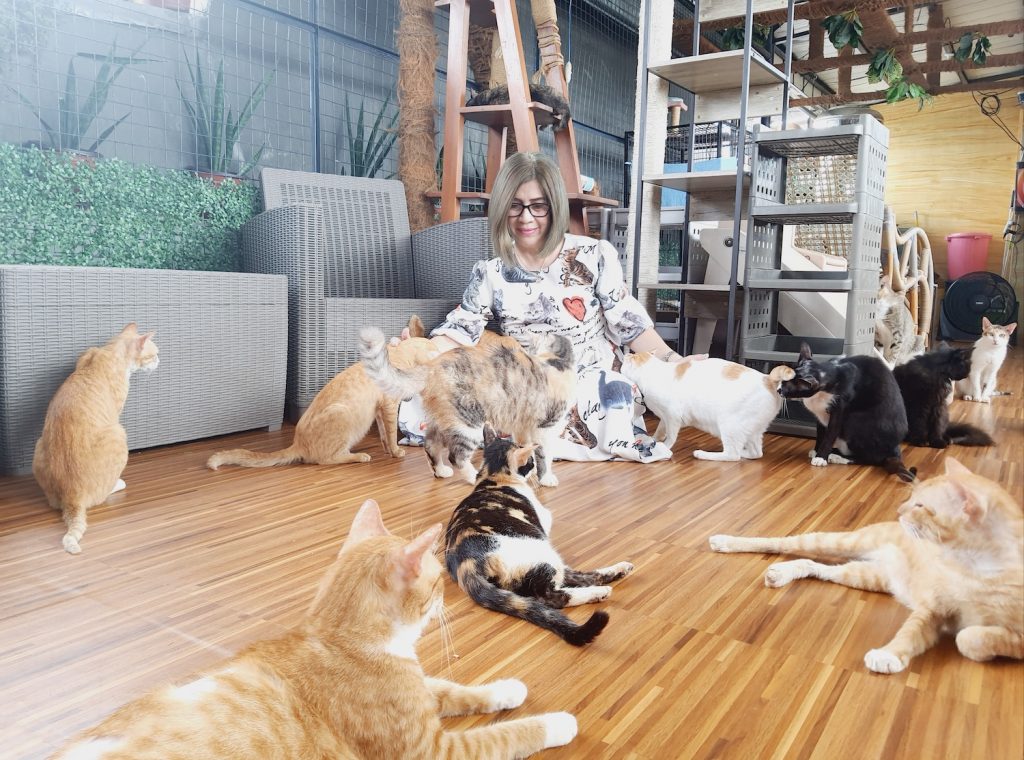People say any woman can be a mother, but it takes someone special to be a mom.
This statement holds true for Island Rescue Organization (IRO) president, Annalyn Aizpuru as she’s no ordinary momma. She’s a devoted pawrent to over 100 rescued animals for over 10 years already.
“I am an animal advocate. My work focuses on companion animals. I have over 48 animals in my home and 99 animals in the shelter under my care,” Annalyn said. “This has been my life for 40 years, and folks from my household already understand pets will always outnumber them. Rescuing animals is part of my whole being. Together with my team of volunteers, we push for education as a long-term solution to alleviate the suffering of strays and abused dogs.”
Following the path she carved for herself, Annalyn takes stray dogs and cats under her wing with no hesitation and provides them the home they deserve.
In this day and age, any pet parent can attest that caring for an animal is not an easy feat. How much more looking after a hundred more? However, seeing it as a challenge is not the case for Annalyn. Instead, she finds joy and fulfillment in her advocacy.
Through her selfless acts for the furry ones, it’s safe to say that Annalyn is one heck of a fur mom. For this story, we sat down with the ultimate pet mom herself and talked about her journey to discovering her love for canines and felines.

Have you always been an animal lover? Can you cite an experience from your past that made you love animals?
Yes, I grew up in a household with animals all the time. If we get introduced to pets at a young age and see our family raise them well, it has a good impact on us growing up.
I want to share that kind of environment and upbringing with families out there. Animals are therapeutic, but they also have five basic freedoms, and we humans must uphold them.
What is the International Rescue Organization (IRO)?
IRO is a non-government, non-profit organization founded in 2010 to help animals through rescue, education, and advocacy work. It’s the first rescue group and animal shelter established in the region where volunteers run it from different walks of life.
The organization currently has three major shelters: One in Barili for the senior and special needs dogs. One in Mandaue for the cats, especially the special needs cats. And another one in Cebu City, where the populace of the rescued dogs is housed.
What urged you to volunteer and rescue animals?
Every day, I see strays that suffer on the streets. And on occasion, we hear news on social media and television about abused and maltreated pets.
It breaks my heart that I can’t bring them to my house and take them for a veterinary consultation.
Rescuing all of them is impossible, and it can’t be done by one rescue group alone. I knew I could do something, but it has to be long-term because it’s not enough that we only rescue and feed strays.
This is why we conduct educational campaigns and partner with local agencies and the private sector to call on people to take action and be part of the mission.
How do you feel when you take care of rescued animals?
I feel like I have fulfilled my purpose on this planet. We’re all here for a purpose, and that is to serve. We just have to choose our own battles and follow our hearts.
In my case, taking in a new animal, especially the special needs ones, is not a walk in the park. It takes a lot of patience, resources, and sometimes a little sacrifice. I may be the rescuer, but these animals rescue me, too. They take away the sadness I feel when I can’t rescue everyone in need. Instead, they fuel my passion even more.
I’m thrilled and content. I wouldn’t want it any other way.
What’s the most memorable experience you’ve had as a volunteer for IRO?
I have been with IRO for a decade, and every year is different. Yet, there are so many memories worth cherishing and so many animals worth remembering.
But if I have to choose one, I guess I would go with me being appointed as president of IRO. It’s not about the position but the role.
That day, I was given responsibility. One that answers to the needs of the animals. I took it as a challenge, and I’m proud of how I led my team to what IRO is now, even though we’ve had our ups and downs through the years.
How has your life improved when you opened your home to take care of rescued animals?
I find refuge in the animals the same way they find theirs through me. My pets are family. Many of them have been with me for over five years. I feel a different level of happiness when one of my rescued and/or fostered animals is rehomed or adopted.
It also allowed me to share my advocacy with others. Many people visit my home to see my pets and hear advice about taking care of them.
My network grew, and I met like-minded individuals and new friends who are like family to me now. In addition, my advocacy brought out the skills and strength that I didn’t realize I had until I was faced with challenging moments in my years of rescuing.
Do you have a favorite pet? Why?
This is something my pets might hate me for. I love both dogs and cats, but I’m more focused on the least rescued and talked about when it comes to responsible pet parenting: cats. They deserve to be fairly treated by society, and I’m determined to help them.
Among the animals I rescued that eventually became my pets, this special needs kitty left a big impact on me. This cat had neurological conditions and would get seizures from time to time. His name is O. I eventually named the cattery after him, “O IRO Cattery,” so his legacy lives.
What’s your message to aspiring rescuers?
A message to aspiring rescuers: it’s a tedious job, and not for the faint of heart.
When the animals die or we simply couldn’t accommodate anymore, it breaks us as if we’re the ones who caused them harm.
I’ve seen a lot of animal rescuers who succumb to depression because of the heartbreaks from rescue. Plus, the persecution of other people who expect you to do all the job. It can be exhausting physically, emotionally, and financially.
If you don’t have the time but still want to help, you can donate to organizations that run animal shelters.
In IRO, we feed over 100 animals every day, and we solely rely on donors, sponsors, and volunteers to help us in fundraising initiatives.
So before you decide to take big leaps in the rescue community, start by volunteering first.
